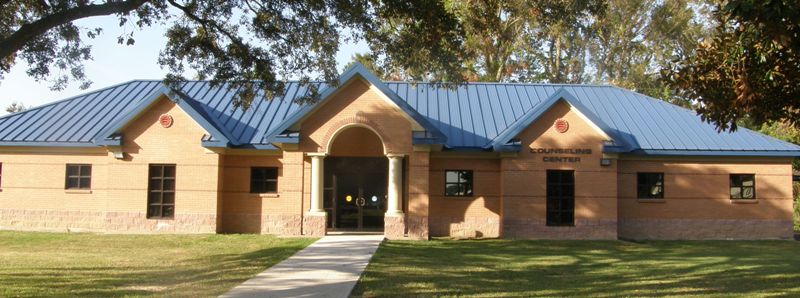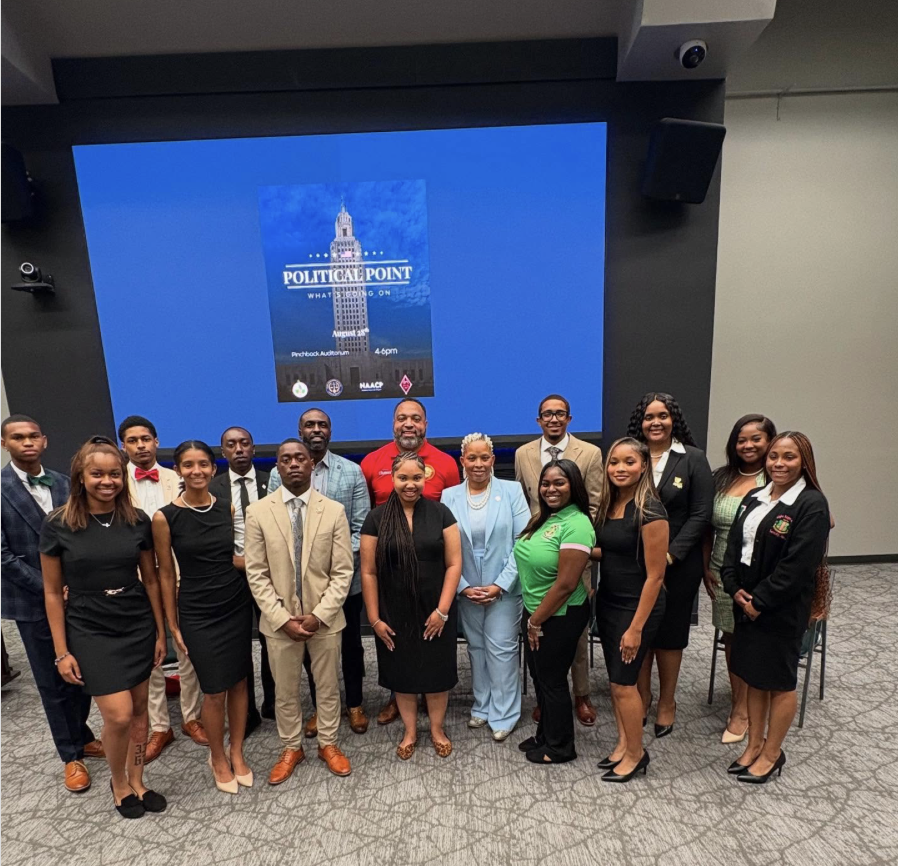The “Don’t Ask, Don’t Tell” readiness policy seems to be lightening its effectiveness among the U.S. military based on Army Sergeant Darren Manzella’s willingness to tell anyone about his long existing homosexuality.
According to advocate.com, Manzella, an army medic, revealed his sexual preference to his military supervisor while stationed in Fort Hood, Texas in August 2006. His investigation was closed within three weeks due to no found “proof of homosexuality.”
“It has never affected my job performance before. I don’t think it will make a difference now. And to be honest, since then, I don’t see a difference because of my homosexuality,” said Manzella in an advocate.com article.
With Manzella still serving his country, Jordan Graye, a senior criminal justice major from Opelousas, believes the military’s “Don’t Ask, Don’t Tell” policy may be taking a turn in the matter of homosexual soldiers.
“It’s a new day and age. It shouldn’t matter whether he (Manzella) is gay or not. At least he wants to serve his country. That’s the main issue,” said Graye.
The “Don’t Ask, Don’t Tell” policy prohibits active-duty service members from openly acknowledging that they are gay or lesbian.
According to the CRS Report for Congress Homosexuals and U.S. Military Policy, prior to the 1993 compromise, the number of individuals discharged for homosexuality was generally declining. Since that time, the number of discharges for homosexual conduct has generally increased.
“As far as the “Don’t Ask, Don’t Tell” policy, it’s not fair that he (Manzella) hasn’t been discharged but they have discharged so many people because of their sexual preferences. It’s sad,” said Aaronisha Walker, senior child development major from Columbia.
Although Walker understands the fairness of the issue, she believes that sexual preference shouldn’t affect the quality of the soldiers’ performance while on duty. Almost 10,000 men and women’s military careers have been terminated to date, according to the Service Member Legal Defense Network.
One month after Manzella’s confession, he was redeployed for the war in Iraq, where he would serve as a military medic, a position that he also served in Kuwait. After his service, he received a combat medical badge for his efforts.
Still a military medic and still openly gay, Manzella returned from Iraq shortly before Christmas and plans to return to the 1st Cavalry Division at Ford Hood at the end of the month. According to an advocate.com article, Manzella could still be investigated; every time he has said he is gay publicly can be counted as a violation of the policy.
Rep. Ellen Tauscher, a California Democrat, has submitted a bill that is still pending in Congress to eliminate the military’s sexual orientation policy.
“I don’t have any concern with that at all. That is being worked at the highest levels and I, or no one here (involved in any SU military affiliation) has any opinion regarding that,” expressed Lt. Colonel Sutton, a Southern Army ROTC professor of military science, when asked to comment on the matter.
Categories:
Don’t ask, do tell in U.S. Military
January 18, 2008
0
More to Discover





